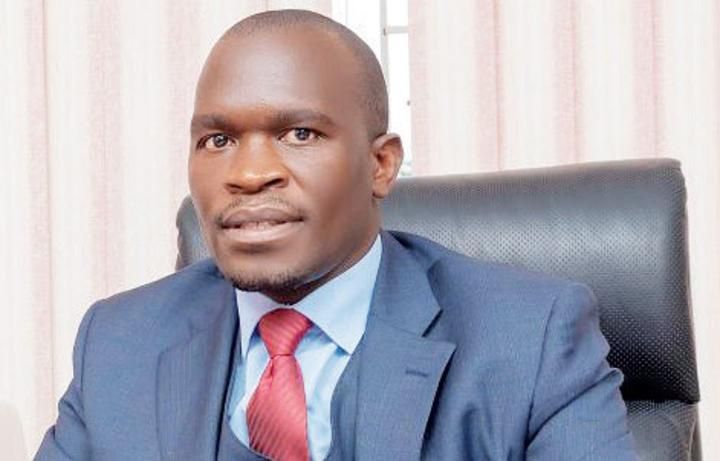By Burnett Munthali
In response to the recent nullification of Charles Kalumo’s appointment at the Department of Immigration and Citizenship Services by the High Court in Blantyre, the Attorney General Thabo Chakaka Nyirenda has filed an application seeking a stay of enforcement pending appeal.
The decision to challenge the ruling underscores the government’s commitment to upholding legal processes and defending the rights of all citizens.
Following the High Court’s ruling, which cited irregularities in Kalumo’s appointment, Chakaka Nyirenda swiftly moved to contest the decision.

The application for a stay of enforcement aims to suspend the effects of the nullification until the appeals process is concluded, ensuring that Kalumo’s rights are safeguarded throughout the legal proceedings.
The case has drawn widespread attention, with stakeholders closely monitoring developments amid concerns over the implications for electoral integrity and the rule of law.
Kalumo’s supporters have expressed confidence in his candidacy, while critics have raised questions about the legitimacy of his eligibility to contest the upcoming elections.
In the meantime, legal experts are examining the grounds for the Attorney General’s application, which is expected to be reviewed by the appropriate judicial authorities.
The outcome of this process will have significant ramifications for the electoral landscape and the broader legal framework governing political participation in the country.
As the legal proceedings unfold, the Attorney General’s office remains committed to ensuring due process and upholding the principles of justice and fairness.
Regardless of the eventual outcome, the case serves as a reminder of the importance of transparent and accountable electoral processes in fostering democracy and public trust in governance.
Ultimately, the decision on the application for a stay of enforcement will hinge on the merits of the legal arguments presented, as well as the judiciary’s interpretation of relevant laws and precedents.
Until then, stakeholders await the resolution of this matter with keen interest, mindful of its potential implications for the political landscape and the rights of individuals to participate in the democratic process.


